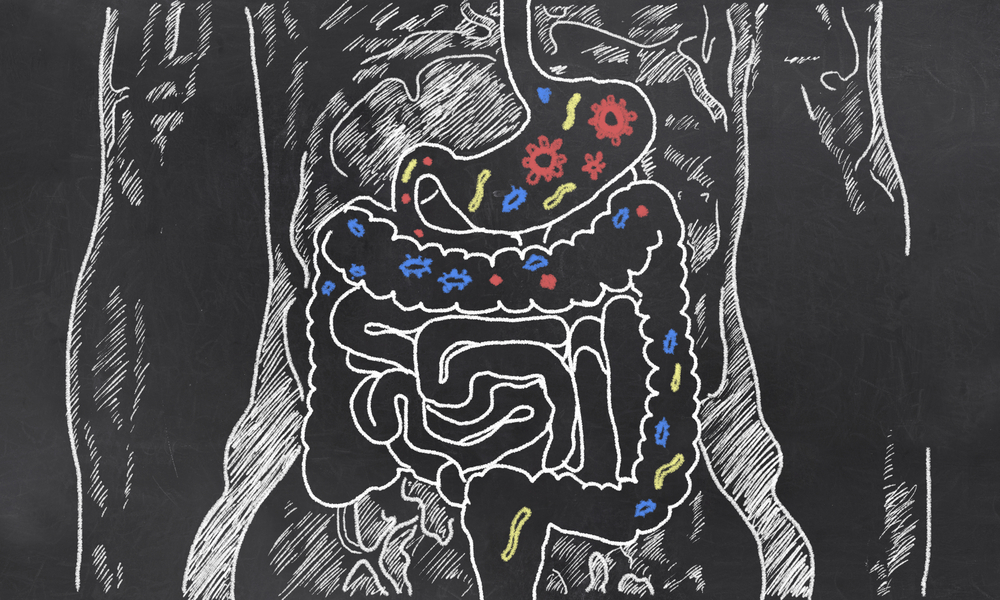Not a day seems to go by without some celeb being spotted out and about clutching a coconut water carton. But is coconut water an expensive fad, or are there really health benefits to drinking it?
Coconut water is priced above the level of many regular fruit drinks, but is usually a bit cheaper than drinking wine. The water from inside the coconut is a waste product of the cosmetic world which prizes the coconut flesh, so has become a big money spinner for the food industry. Till the recent commercialisation of coconut water, the only place most people got to try it was on exotic holidays - such as on the beach at Copacabana where young green coconuts are hacked open with a machete and you drink the water through a straw.
Coconut water is often marketed as a sports drink because it is rich in electrolytes minerals , especially potassium and magnesium, which we sweat out in hot weather and while exercising. It's important to replace these to avoid cramp. Coconut water is a better option than regular sports drinks because many electrolyte sports drinks contain more sugar than needed by the recreational sports person, or artificial sweeteners which may stimulate appetite.
Coconut water is high in potassium. This is a mineral that many of us in the western world just don't get enough of. It's found in fresh vegetables such as asparagus, spinach, and carrots, and fruits such as bananas, blackberries and apricots. If you have high blood pressure, increasing your intake of potassium-rich foods on a regular basis can be beneficial. Government health messages concentrate on encouraging the nation to reduce sodium salt in the diet to help reduce blood pressure. However, if you have a family history of hypertension, raising your potassium intake in addition to reducing salt could help reduce your risk of suffering from his. From an evolutionary standpoint, our diet should have a ratio of 5:1 5 potassium: 1 sodium , but in the western diet, which is low in plants, the ratio is often the other way around.
Another benefit of coconut water is that unless it's had sugar added, it is low in sugars. Most of us consume too much sugar, often unknowingly, especially in fruit juices. Having too much sugar in your diet, can lead to central adiposity - fat gain around the middle of the body. What's more, fruit juices can spike insulin because one glass can have as much natural sugar fructose as a cola. If you're out socialising and don't fancy alcohol, coconut water can be an alternative to 'obesogenic' things that make you fat fruit juices or water which can be a bit boring.
People often worry that anything containing coconuts must be fattening. Firstly coconut water is low fat. Secondly, raw, virgin, unprocessed coconut oil the unhydrogenised, non trans fat type enjoyed in shakes and in cooking by early adopters of the health-conscious world, may actually aid weight loss. This is thought to be because the medium chain fatty acids in coconut oil may speed up the metabolism.
If choosing coconut water I recommend going for the natural varieties not made from concentrate. I find they taste more like the drinks on Copacabana beach - always a pleasing sensation when you're somewhere cold and miserable. Check labels for added sugars.





